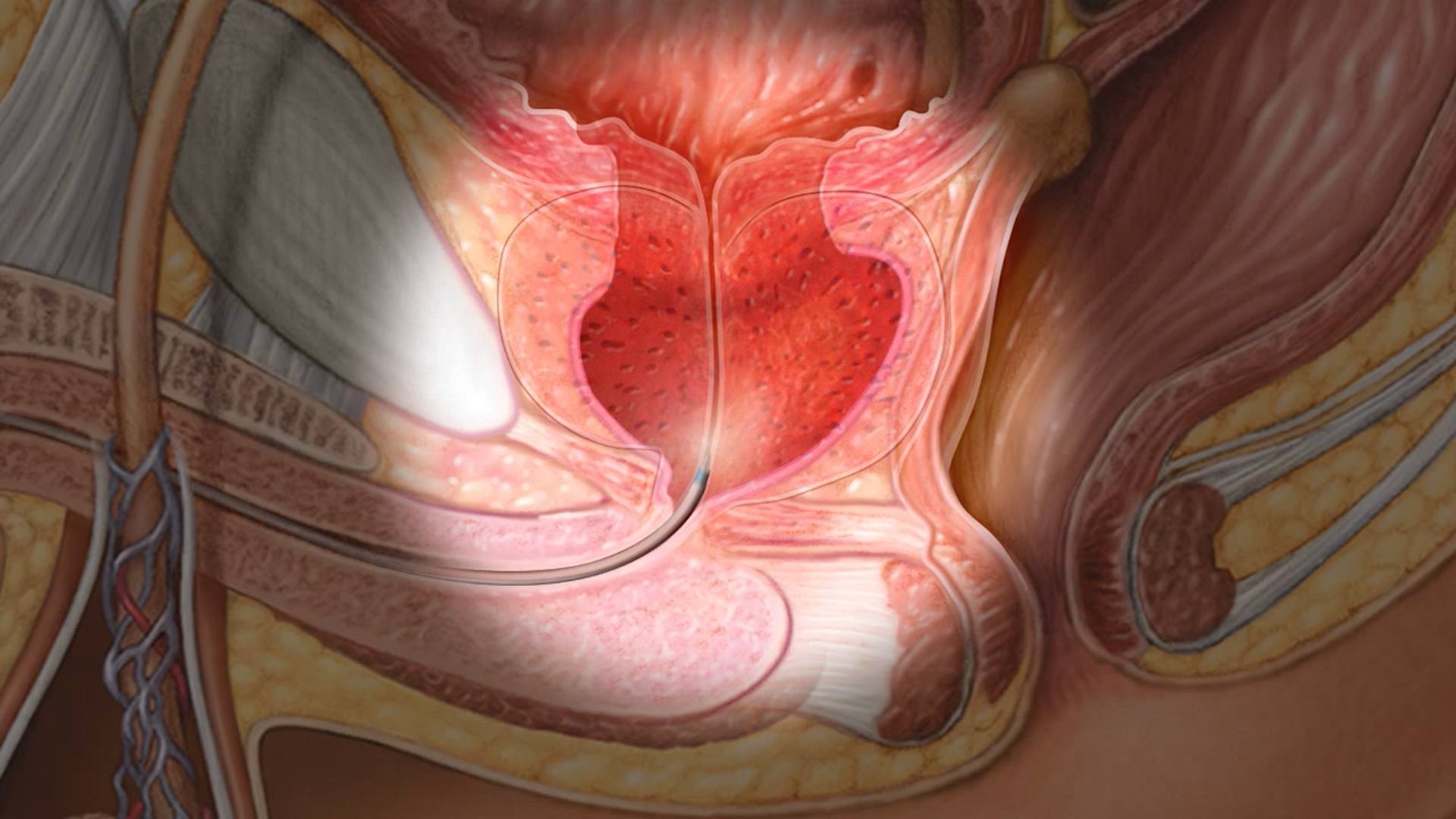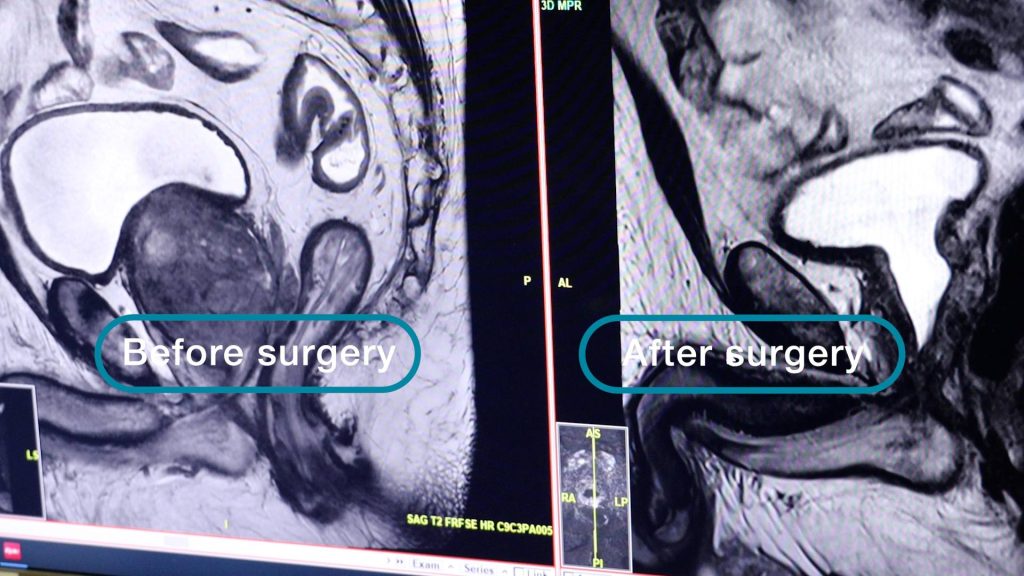-
 Health & Wellness
Health & WellnessMayo Clinic Minute: Can lifestyle changes help with enlarged prostate?
Benign prostatic hyperplasia, also called an enlarged prostate, is incredibly common, especially among men over 40. While it's not the same as prostate cancer, an enlarged prostate can cause significant quality of life issues.
Dr. Scott Cheney, a Mayo Clinic urologist, says there are ways to treat it and reduce the symptoms, including some lifestyle changes.
Journalists: Broadcast-quality video (1:16) is in the downloads at the end of this post. Please courtesy: "Mayo Clinic News Network." Read the script.
"I like to tell patients that the prostate is kind of like an orange with a straw going right through the middle of it. And as we age, the prostate gets larger and larger. And the straw going through the middle gets compressed by the tissue of the prostate, makes it harder for the bladder to push urine through the urethra," says Dr. Cheney.
Enlarged prostate symptoms can include frequent or urgent urination, a weak urine stream and the inability to empty your bladder.

"I see men who get up at night to pee, and they get up again and again. They get poor sleep, It can really affect their lifestyle. So they're always looking for a restroom wherever they go, they can't drive long distances because they have to stop and urinate very frequently," says Dr. Cheney.
If you suffer from any of those symptoms, Dr. Cheney first recommends a few lifestyle modifications.
"You can tell a man to avoid excess fluids. Some men, they don't realize how much fluid they're drinking. The more fluid you drink, the more often you're going to have to urinate. The types of fluids also matter. So, if a man is drinking a lot of caffeine, a lot of alcohol, especially before bed, that can cause nighttime issues with urination," Dr. Cheney says.
He says talk to your healthcare team about your concerns. An enlarged prostate also can be treated effectively with medications or procedures.
Related Articles







